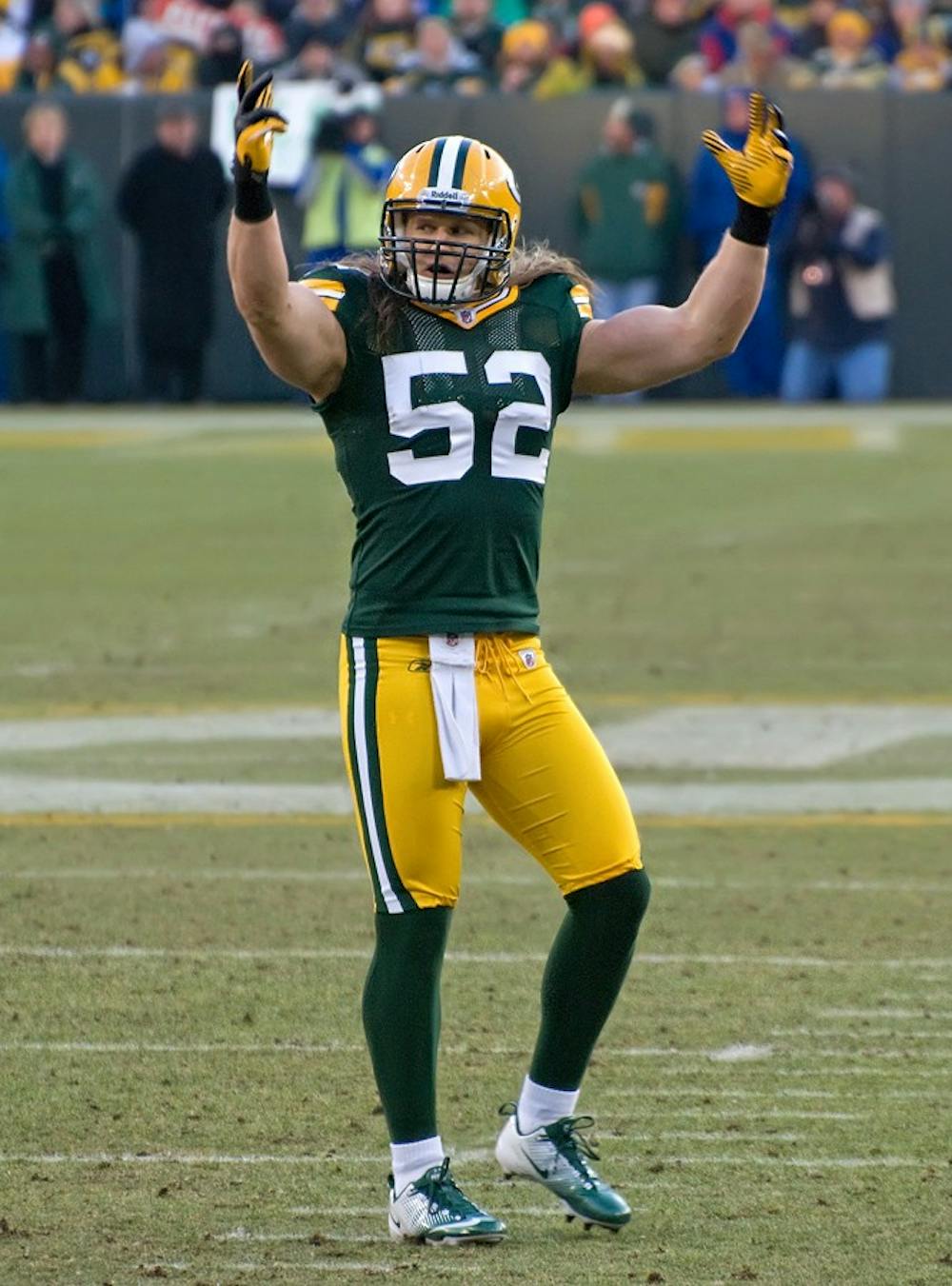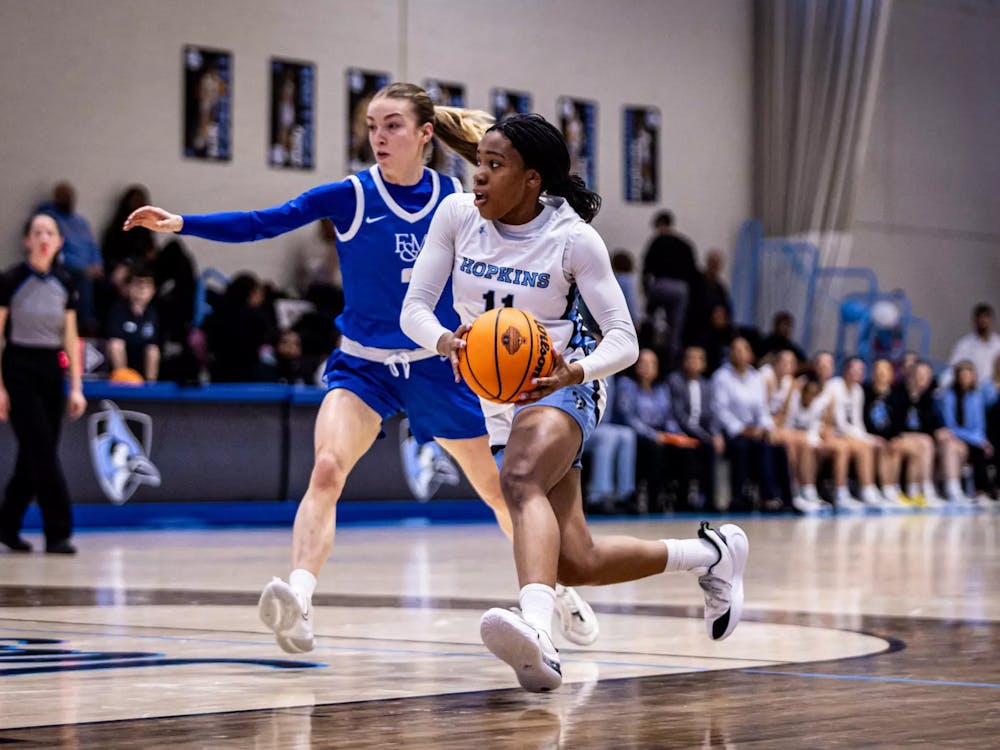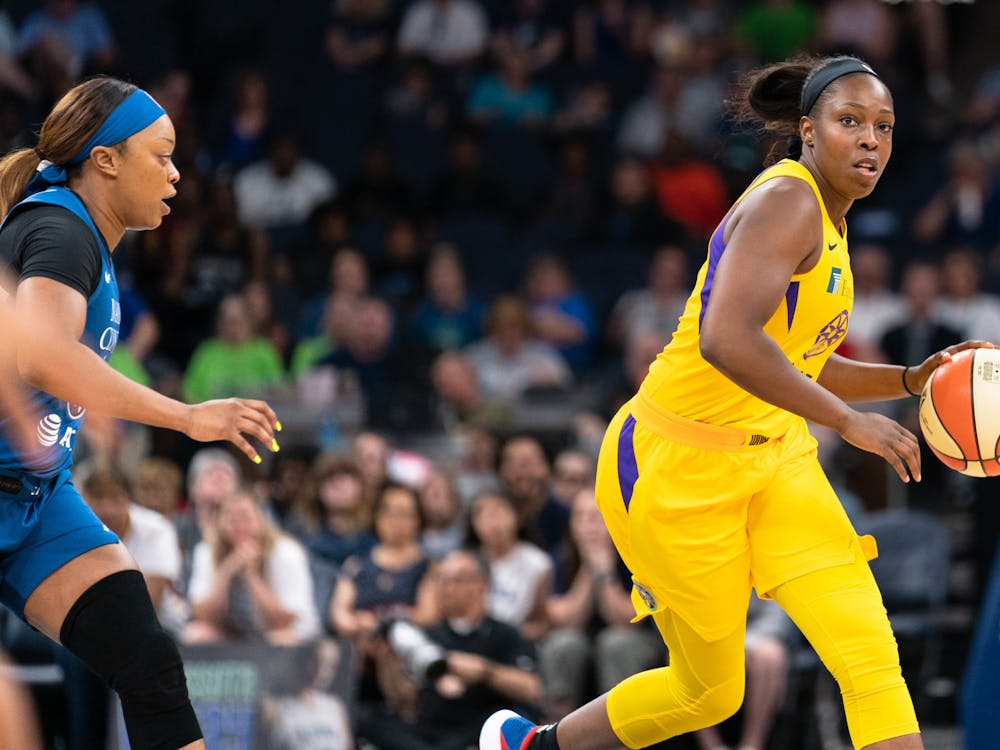
The latest controversy plaguing the NFL is not about the national anthem, cheating or off the field issues. Instead it’s about a rule change. “Roughing the passer” is the name given to the penalty when a player tackles a quarterback too aggressively in an inappropriate manner.
A penalty that has existed for decades, roughing the passer has only become a subject of controversy this season. This is because of changes instituted by the League’s executive committee that have resulted in a much stricter enforcement of the rule. The NFL claims to have made the changes to protect quarterbacks from injury. This makes sense. Not only does it help the League fix its reputation as a dangerous sport, but it also protects the star players that people will pay to see.
Last year, Aaron Rodgers, one of the NFL’s best quarterbacks, got injured on a tackle where the defensive player landed with his body weight on him. Rodgers missed a large portion of the season, and the Green Bay Packers were awful without him. As a result people stopped tuning into Packers games until he came back. This situation proved that quarterbacks are the money makers for the NFL, and ratings depend on their health.
Through the first four weeks of this season, four quarterbacks are averaging enough yards per game to potentially break the single-season passing yards record currently held by Peyton Manning. An absurd eight players are on pace to throw for over 5,000 yards. Five quarterbacks have a completion rating of 70 percent or higher. Patrick Mahomes, a quarterback playing his first season with consistent starts, has already set four NFL records. Quarterbacks are playing better than ever because they know they are more protected under the new changes.
So who cares? Who doesn’t want more offense? Who doesn’t want quarterbacks to succeed? Well the answer to the last question is obvious: the other team’s defense. And this is where the controversy begins. Defensive players have been flagged multiple times for hits that would previously have been routine. In fact, players have been acting especially careful to avoid getting penalized and have still been flagged.
The Packers’ Clay Matthews, a six-time Pro Bowl player, has been at the center of the controversy. An incredible defensive player, Matthews certainly knows a thing or two about sacking a quarterback. He is probably one of the few players skilled enough to make the extreme adjustments the NFL expects while running full-speed at a quarterback.
In Week 2, Matthews rushed Minnesota Vikings’ quarterback Kirk Cousins. Matthews did everything he could’ve to avoid a penalty. He grabbed Cousins’ waist with one arm and brought him to the ground, landing without an ounce of his body weight on the quarterback. He was still flagged, and the game, which easily could have been won by the Packers at that point, ended in a tie.
Despite the outrage from fans and players alike, the NFL did not respond fast enough. The following week, William Hayes, a defensive end for the Miami Dolphins, attempted a quarterback sack, making a deliberate effort to avoid getting penalized. As a result of trying to make these adjustments, Hayes tore his ACL and is now out for the rest of the season. The NFL was clearly trying to protect its quarterbacks’ safety, but it did not put enough effort into protecting its defensive players.
Although their response was tragically late, the NFL, possibly learning from past mistakes, has handled this controversy much better than it has in the past.
Firstly, it refused to change the rule’s wording in the rulebook. This is entirely reasonable. Before each season, the commissioner and each team’s owner sign off on rule changes like this one. It doesn’t make very much sense to expect the NFL to suddenly void these agreements whenever the fans want it to. This firm stance helps the League look controlled, legitimate and consistent.
Secondly, the NFL did not ignore its fans’ cries for help. The NFL released a video on Twitter showing examples of legal tackles and illegal tackles as well as explanations. This video has been criticized as unhelpful, but it shows the fans that the League hears them and is working on trying to be clearer and more transparent about its enforcement of the rules.
Perhaps the most effective part of their response was the NFL’s decision to hold a conference call with members of the competition committee last week. During this call, the committee discussed adjustments to the enforcement of this rule. The committee emphasized that it does not want referees to call a penalty unless they are certain that one ought to be called. Essentially the committee agreed with fans that the officiating was over the top.
Since then the number of roughing the passer penalties has dropped. Only five of these penalties were called in Week 4. Additionally, in a game on Thursday night of Week 5, two New England Patriots players sacked Indianapolis Colts quarterback Andrew Luck. The two of them shoved him to the ground and dog-piled on top of him. They both certainly landed with their full body weight on him. No penalty was called. Many people compared this hit to another one of Clay Matthews’ tackles that was penalized in Week 3.
Many fans criticized the referees for inconsistent enforcement of the rules. This is a bogus criticism. If fans want things to change, they can’t complain when they do. Thankfully, many rejoiced at this call, lauding the apparent resolution of the issue. Hopefully, as the season progresses, these critical fans will be pleased to see the new enforcement applied consistently by the referees, a fix that is better for quarterbacks and defensive players alike.





